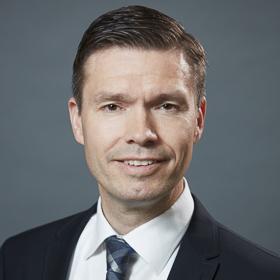Technological innovation has always played a key role in great power rivalries. Technological leadership has helped fuel US’s economic advantage and military predominance. To underpin its own rise, China now faces an ‘innovation imperative’, i.e. it needs to obtain and develop technologies in order to continue climbing the global value chain, overcome the ‘middle-income trap’ and equip itself with critical military resources. China has sought to close this technological gap by adopting a wide panoply of geoeconomic means ranging from new industrial policies to technological cooperation and acquisition. The United States has responded by increasingly seeking to decouple from the Chinese economy and putting pressure on others to follow suit. In addition, recent export control measures against Russia suggest that the U.S. and her allies are prepared to take strong decoupling measures under extreme circumstances. The panel discusses what effects technological decoupling is having on technological cooperation and progress with China, and whether decoupling is set to increase or decrease over time.



